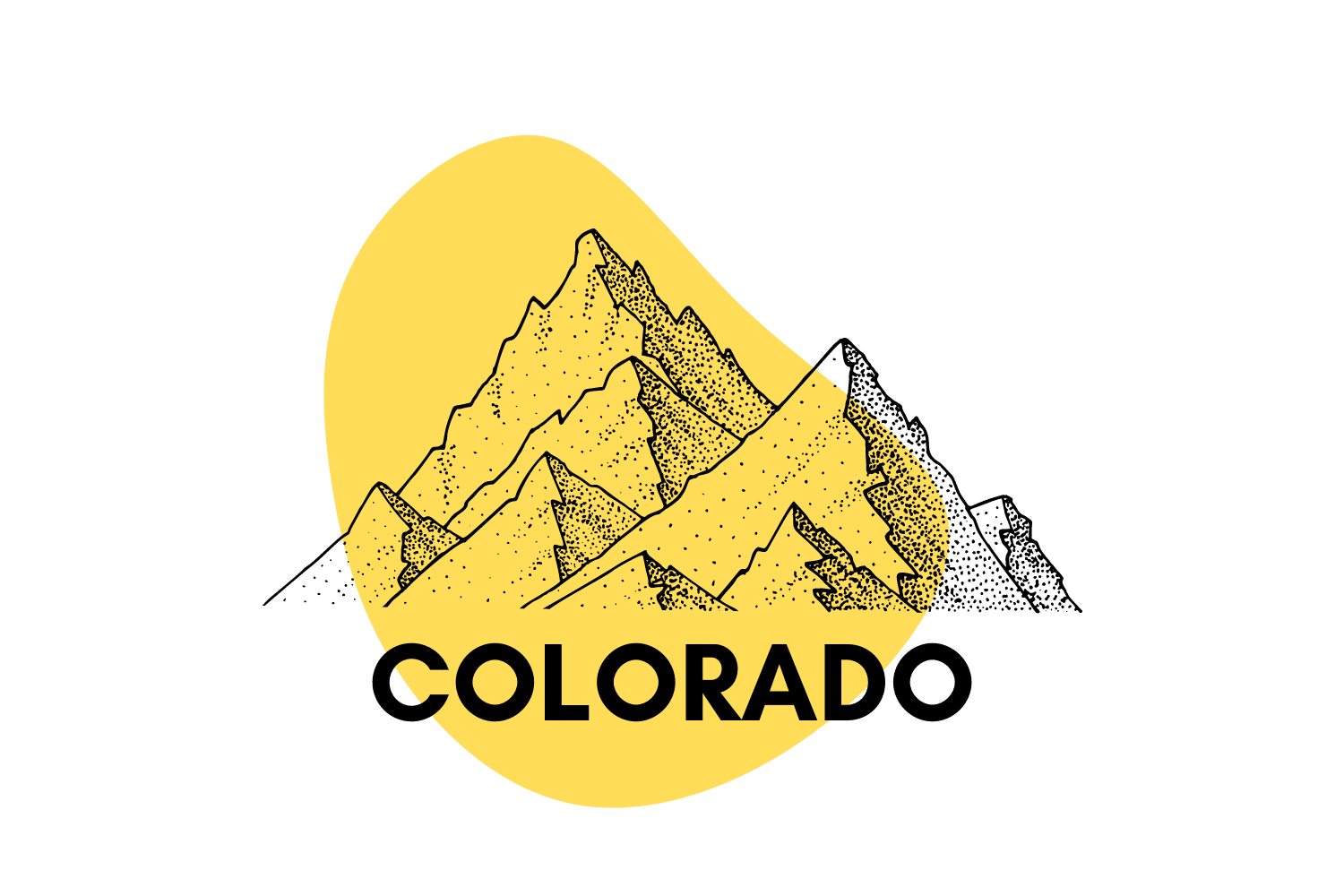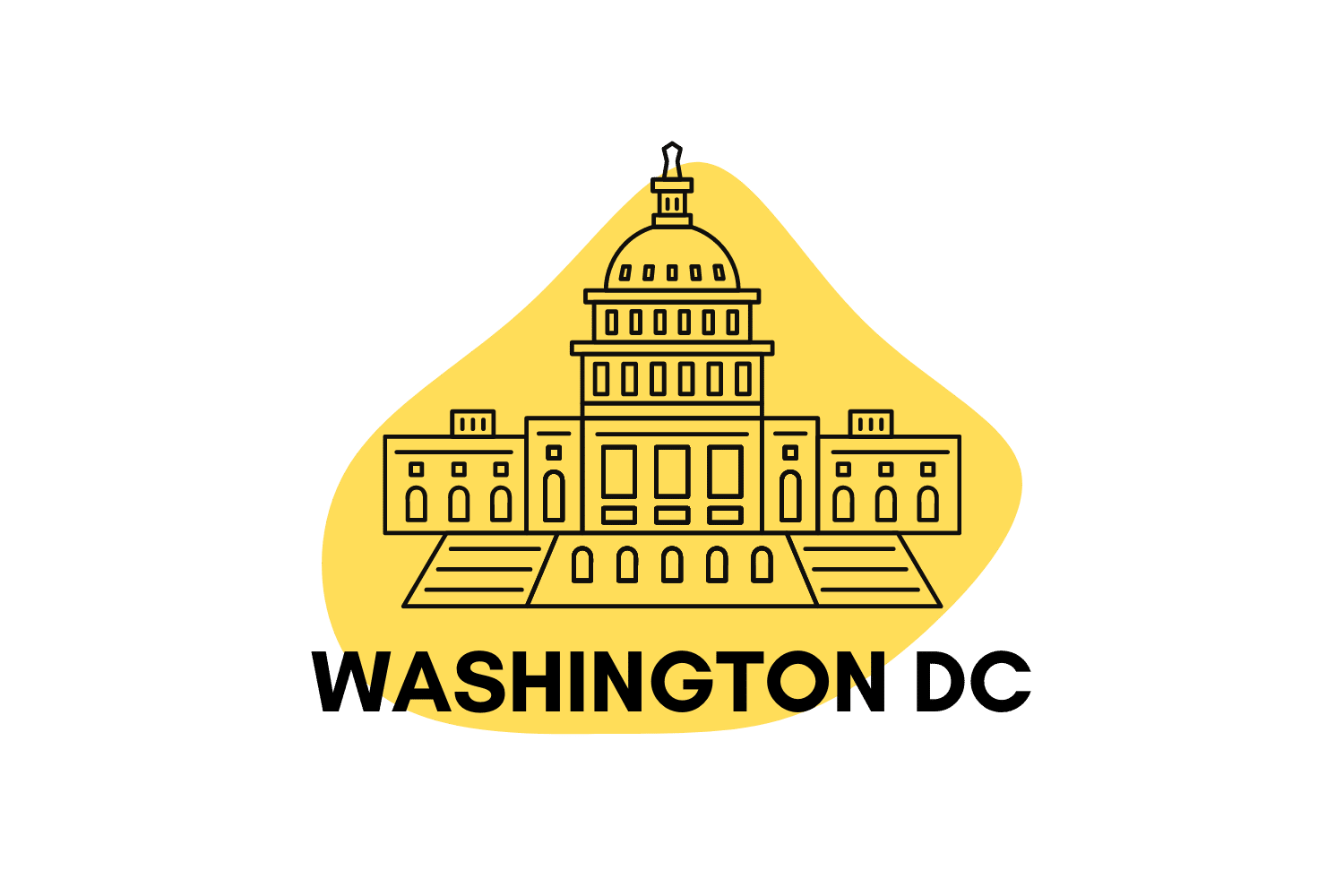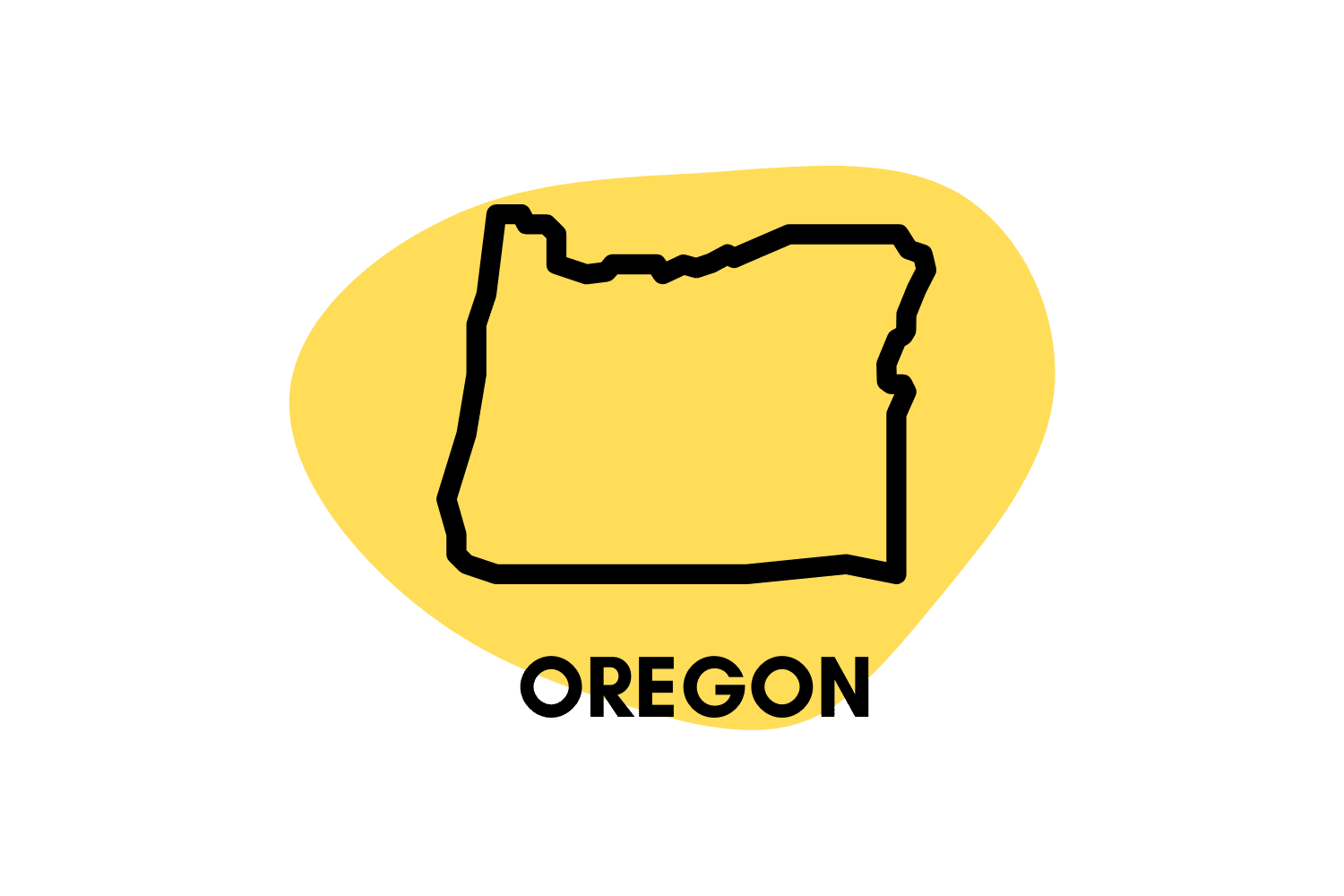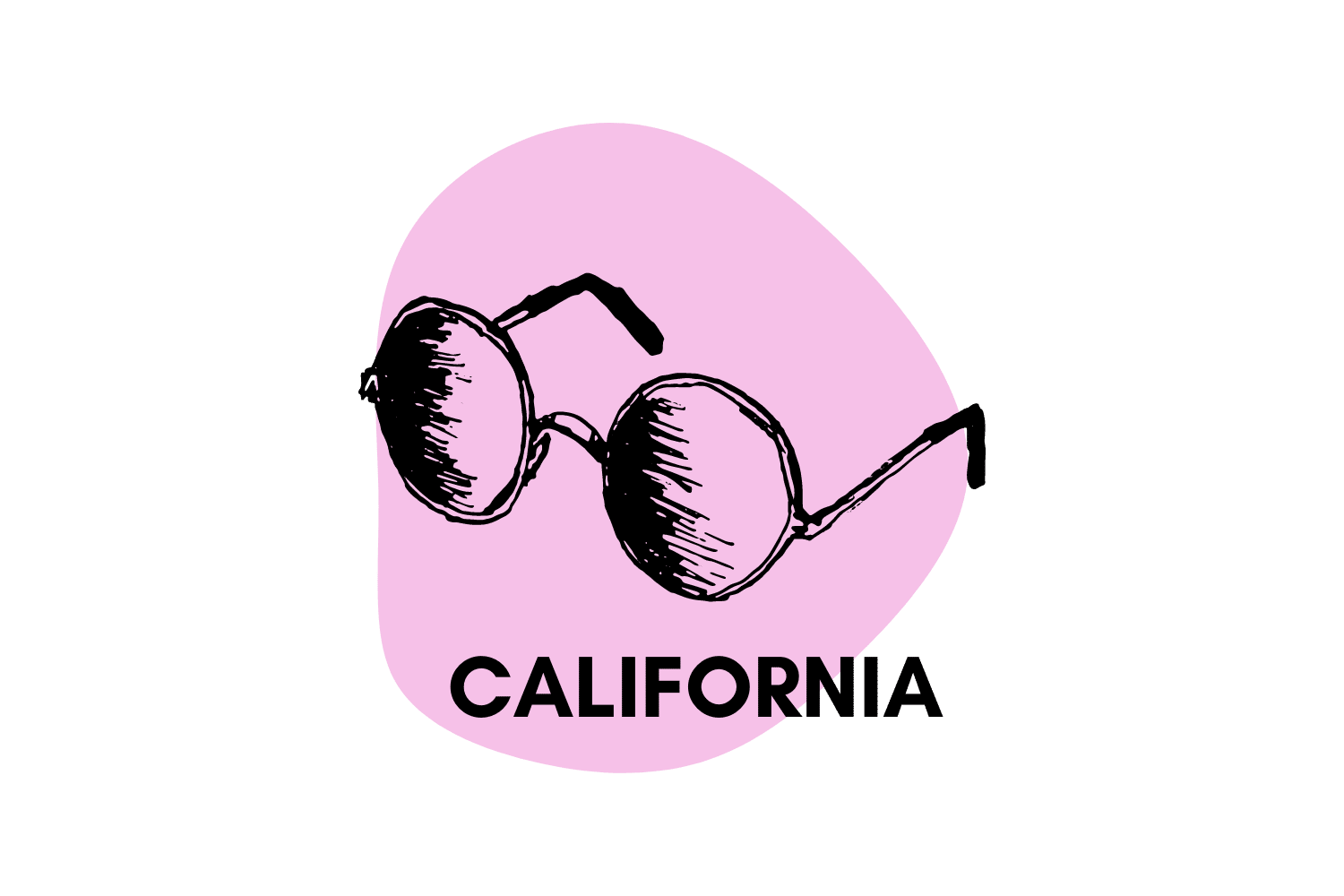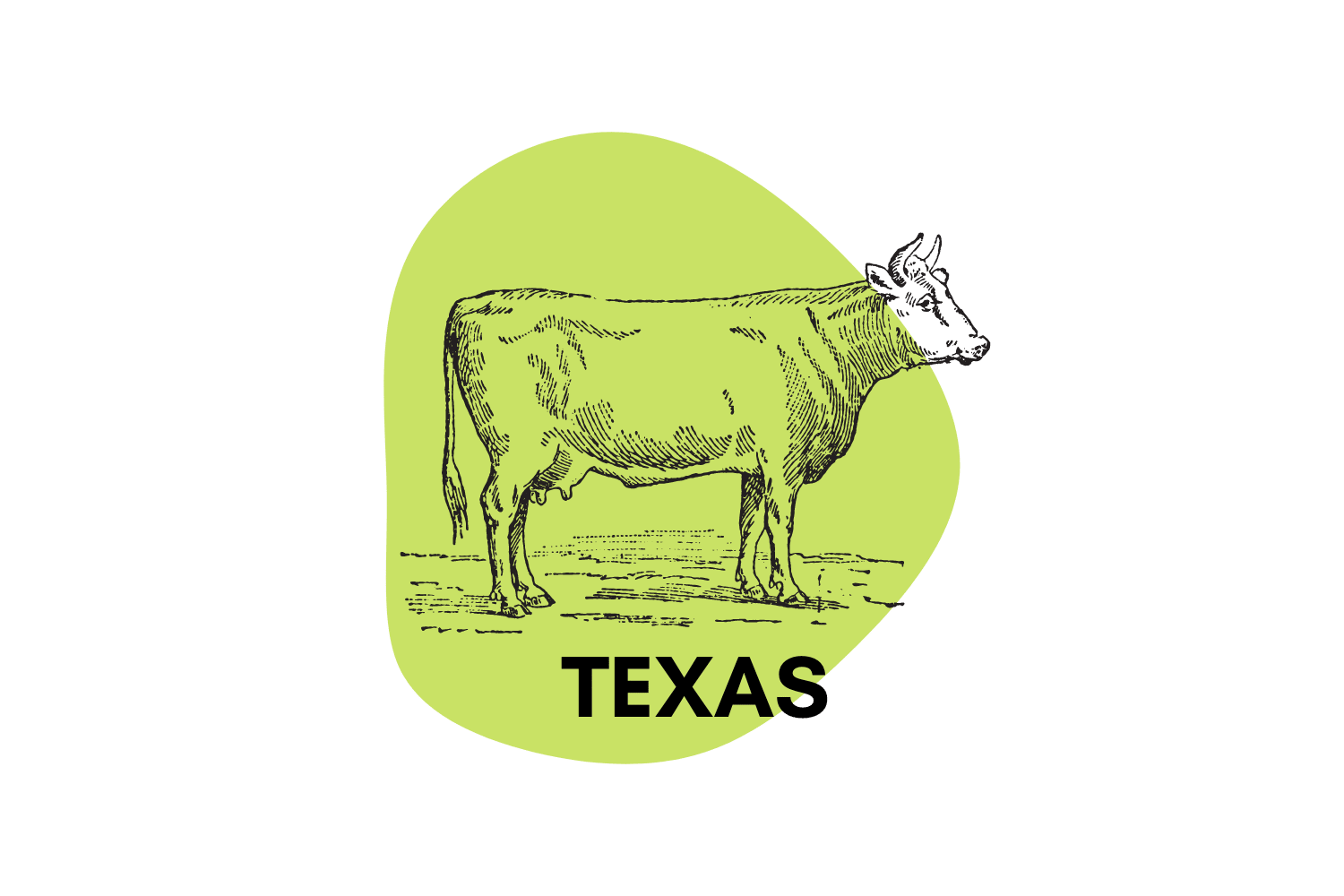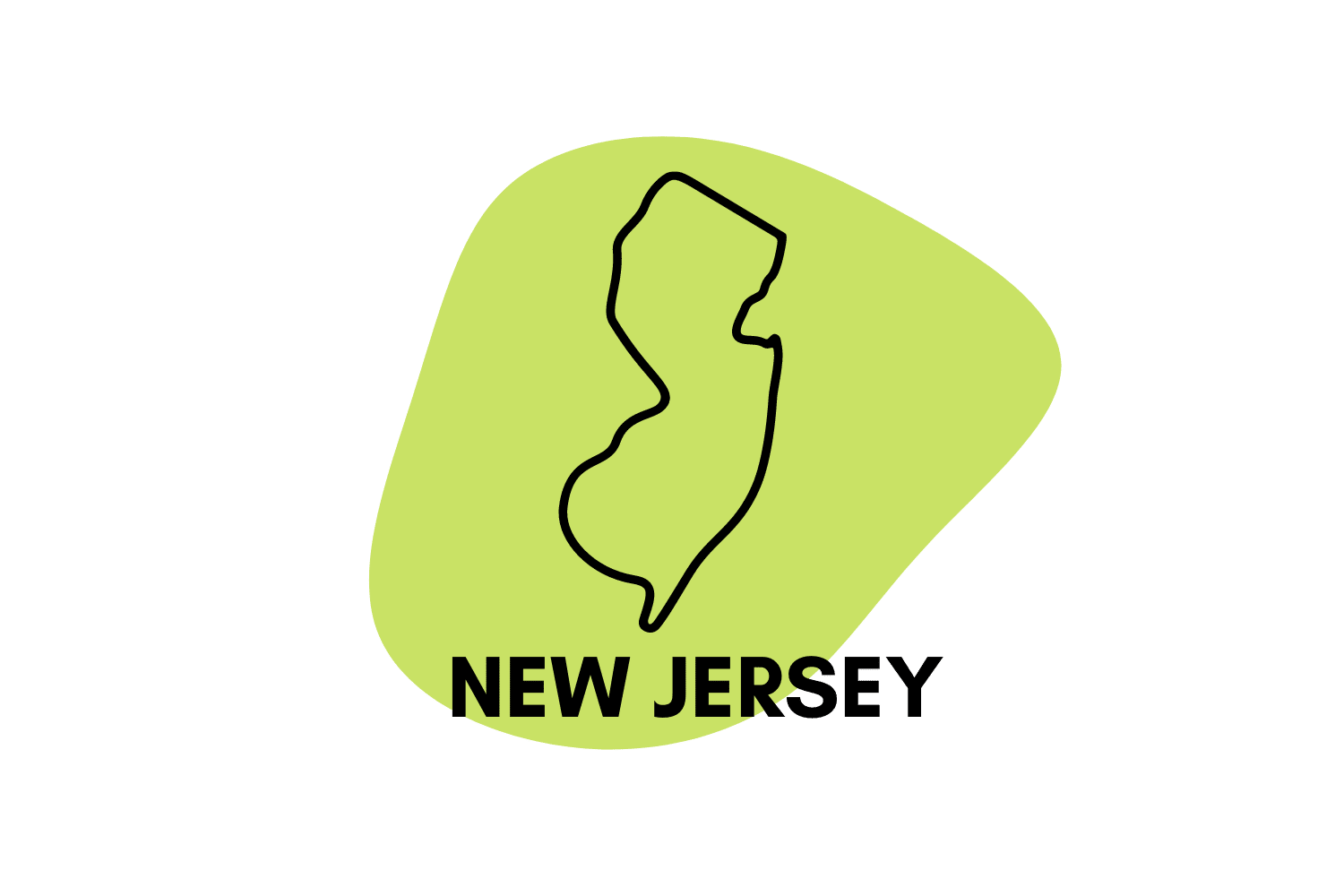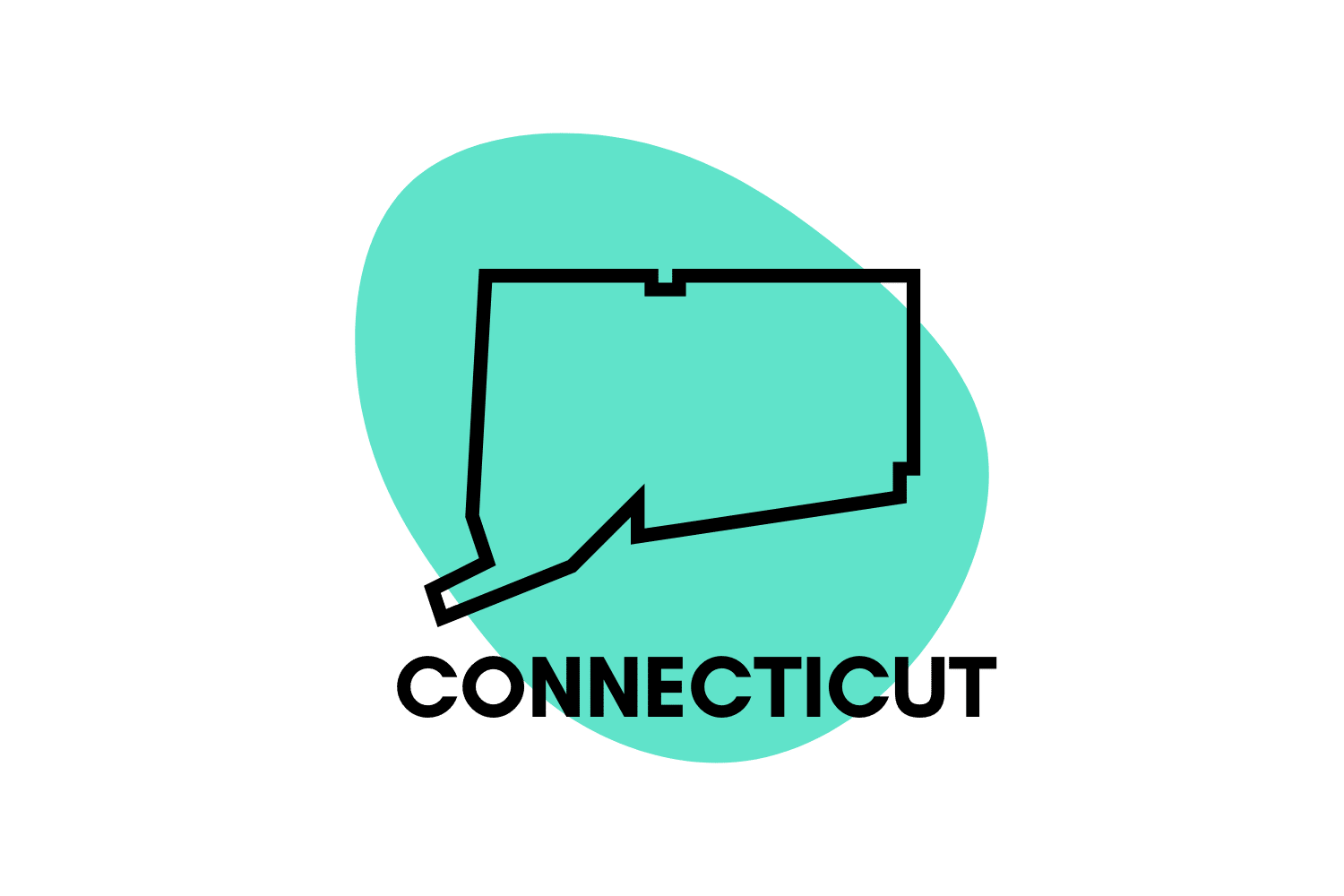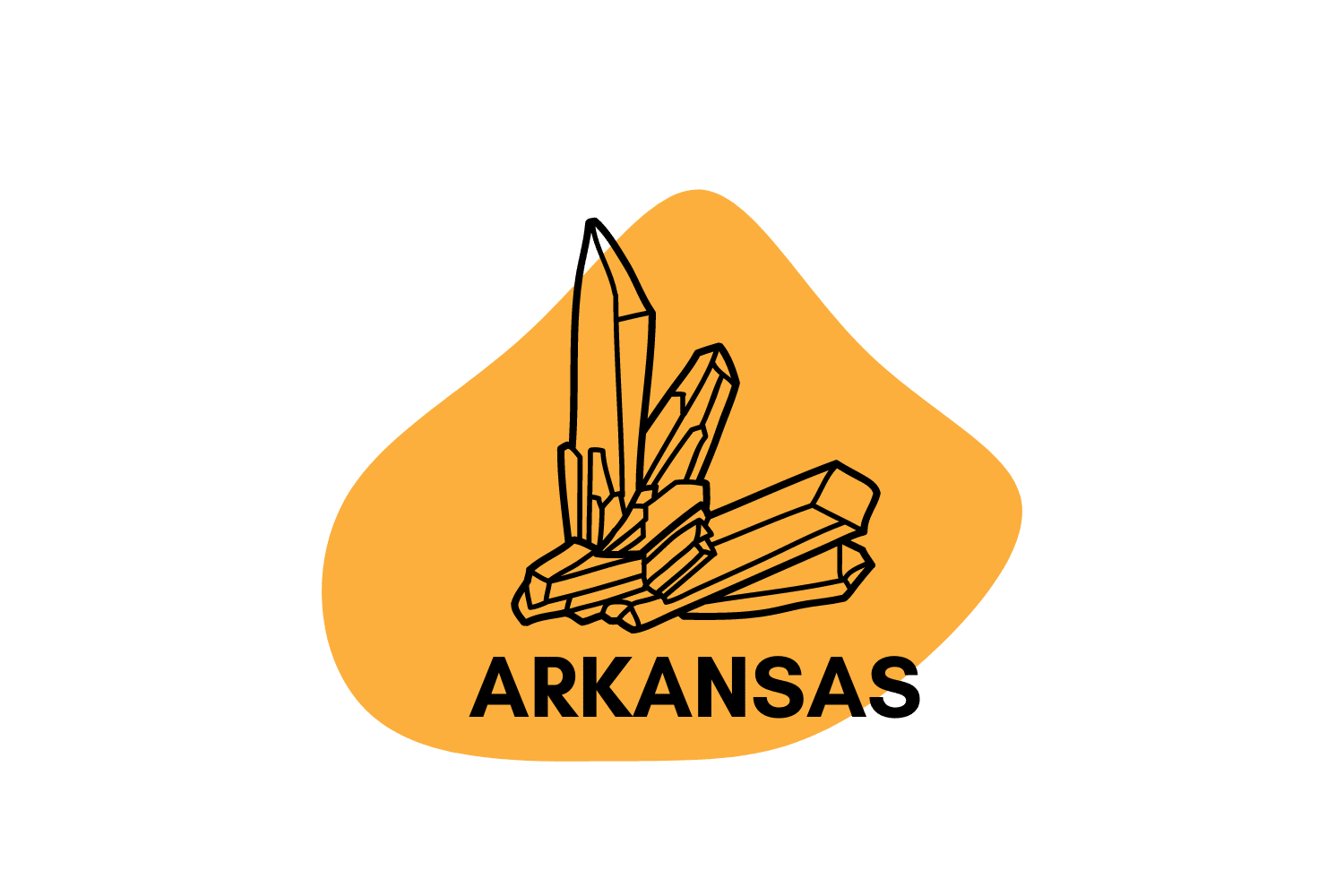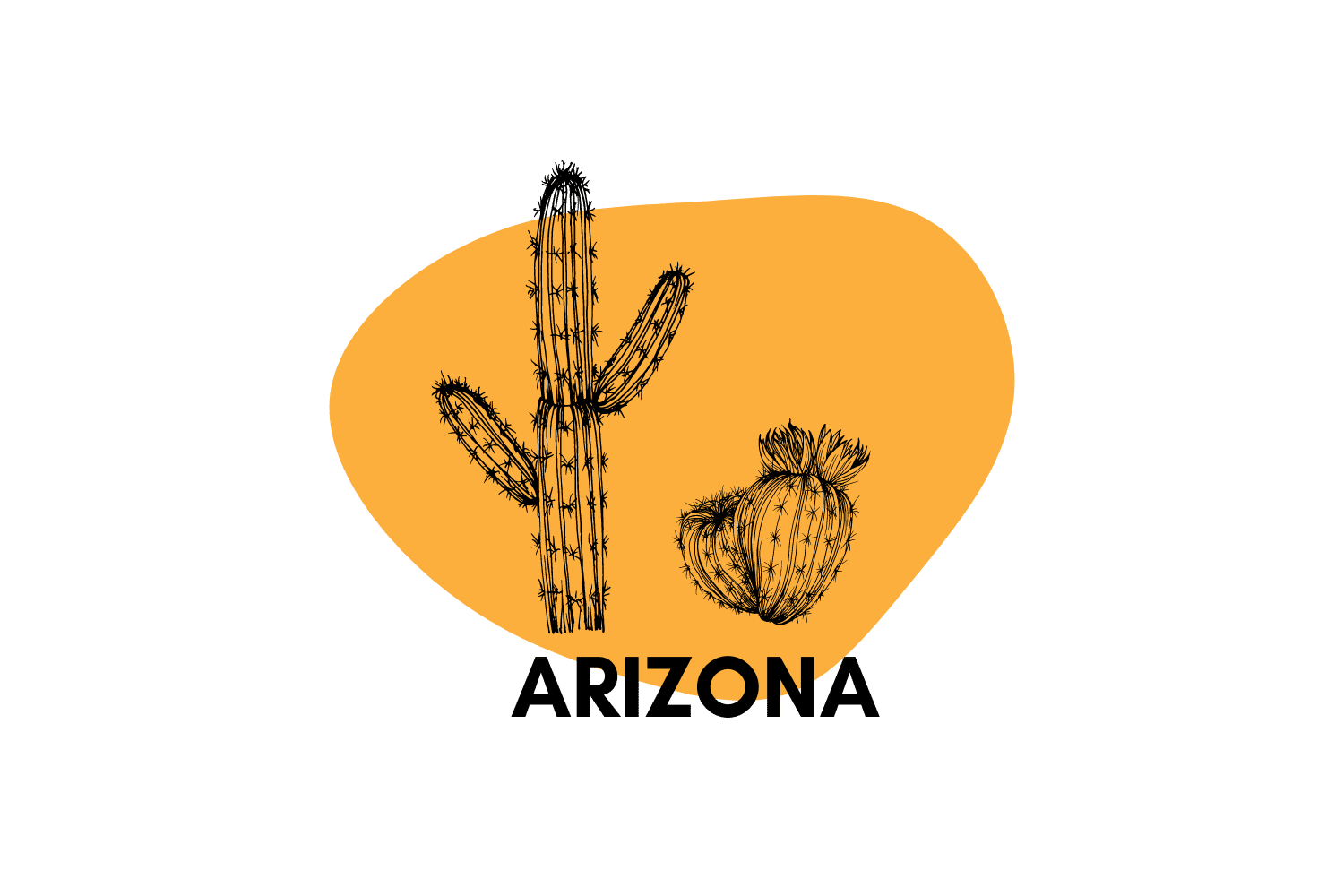If At First You Don’t Succeed: Arcata, CA Decriminalizes Magic Mushrooms the Second Time Around
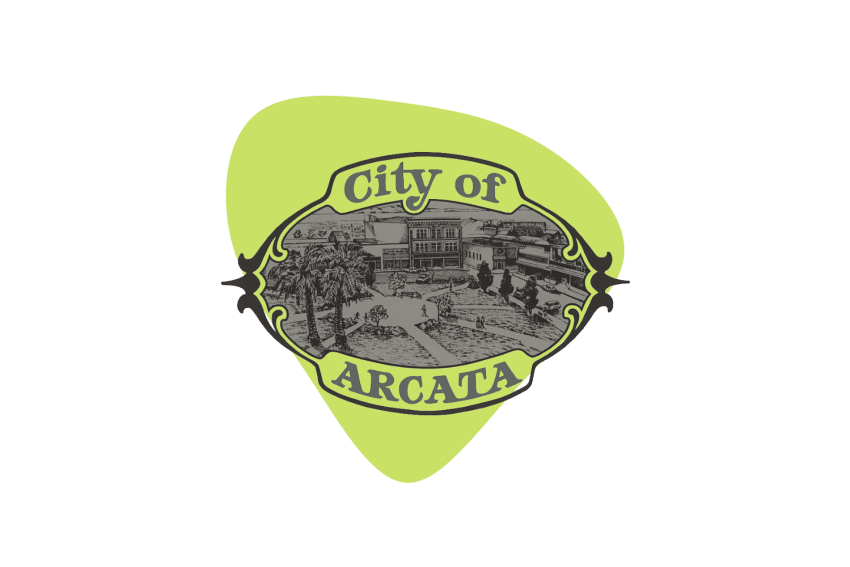
If you’re into nature and wildlife, you should feel right at home in Arcata, California.
Arcata Community Forest is just five blocks from downtown in this city of almost 19,000 residents. Seven hundred and ninety of the 2,350 acres of this forest of giant, ancient redwood trees lie within the city limits. By all accounts, Arcata is an ideal place for naturalists and nature enthusiasts.
On October 6, 2021, Arcata also became an ideal place for magic mushroom enthusiasts. The City Council voted unanimously to decriminalize entheogenic plants and fungi.
This article will examine the resolution’s specifics and how the city expects to benefit from it.
Summary: What’s In The Resolution?
The October 2021 City Council meeting was the second time the legislation had been before the council. Arcata’s first attempt at decriminalizing magic mushrooms, other entheogenic plants, and fungi came at the council’s July 21, 2021, meeting.
Although the measure had a lot of community support, half of the four-member City Council were not on board. Council Member/Mayor Brett Watson was one of the two members who voted against it. He said he was not against decriminalization but felt he needed more information before passing a resolution.
Stacy Atkins-Salazar was the other dissenting vote at the July 2021 meeting. She said that she still had some concerns about the safety surrounding the use of psychedelics.
After the resolution failed to pass, the council sent it to the Public Safety Committee for review. After the review, the Public Safety Committee voted to support the resolution, recommending that the council specify that it is for “personal and private use” and include an educational component.
With the assistance of Decriminalize Nature Humboldt, the City Council reviewed the recommendations of the Public Safety Committee and made the necessary amendments to the resolution.
When the resolution was reintroduced at the October 6, 2021, meeting of the City Council, it passed unanimously.
The revised edition stipulates that:
- The investigation and arrest of persons 21 and over for planting, cultivating, purchasing, transporting, distributing, engaging in practices with, or possessing entheogenic plants and fungi or plant compounds that are on the Federal Schedule 1 list shall not be a public safety priority for the City of Arcata.
- City funds and resources are to be used only when other code violations are present, such as a public disturbance, driving while under the influence, use in the presence of minors, or jeopardizing public safety.
- City Council supports further scientific and evidence-based research on the short and long-term effects of the use of Entheogenic Plants.
- The City of Arcata acknowledges using entheogenic plants and fungi for health and spiritual well-being.
- The City of Arcata calls upon the Humboldt County District Attorney to consider the spirit and intent of this resolution when evaluating whether to prosecute persons involved in the use of entheogenic plants and fungi.
Entheogenic Plants Included In The Resolution
Entheogenic plants are plants that contain a naturally-occurring psychedelic compound. Studies have shown that these plants have a variety of benefits on mental health while posing little threat to the individual or society.
Some of the plants listed in the Arcata resolution and their medical benefits include:
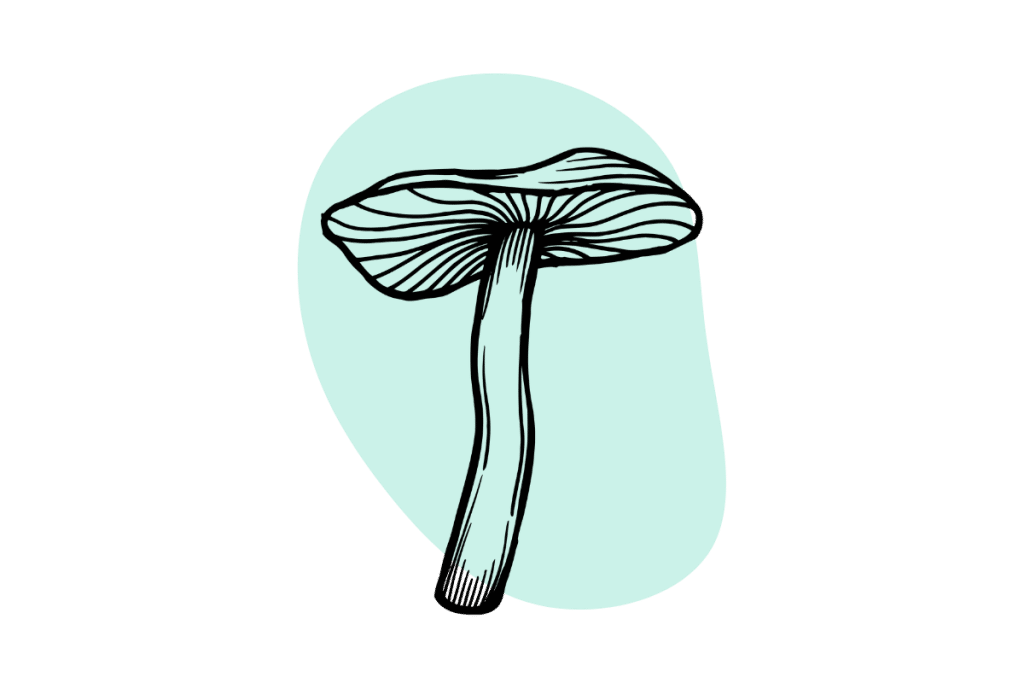
1. Psilocybin-Containing Mushrooms
Mushrooms that contain psilocybin are commonly referred to as “magic mushrooms.” According to Matthew W. Johnson, Ph.D., a professor of psychiatry at Johns Hopkins University, the most promising use for psilocybin is for treating addictions to cocaine, opioids, and alcohol.
Studies have also shown psilocybin to be useful in the treatment of:
- Addiction Therapy
- Attention Deficit Hyperactivity Disorder (ADHD)
- Chronic pain
- Cluster Headaches
- Depression
- Existential Anxiety
- Obsessive/Compulsive Disorder
- Post Traumatic Stress Disorder (PTSD)
Because of its potential as a treatment for major depressive disorder (MDD), the U.S. Food and Drug Administration (FDA) granted psilocybin “breakthrough therapy status.” Breakthrough therapy status is “a level of legalization that allows researchers to expedite the development of a drug after preliminary evidence shows the drug may demonstrate substantial improvement over available therapy.”
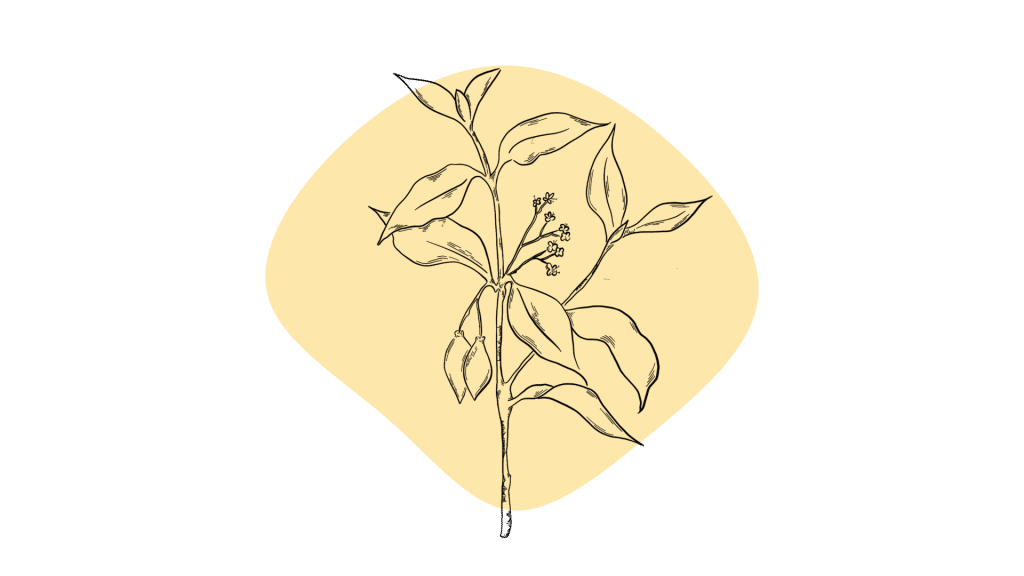
2. Iboga
Ibogaine is the psychoactive compound found in the iboga shrub, which grows primarily in central west Africa. According to research by the Global Ibogaine Therapy Alliance, ibogaine can be effective in treating alcohol and drug addiction. It has also shown promise for easing cravings, reducing withdrawal symptoms, and lowering the risk of relapse.
Studies show ibogaine may be useful in treating:
- Addiction to drugs and alcohol
- Bipolar disorder
- Eating disorders
- Low libido
- Migraine headaches
Ibogaine was first discovered by the Pygmy tribes of Central Africa. They used the plant in spiritual ceremonies as well as treatment for a variety of health conditions. In 1962 Howard Lotsof, an American scientific researcher, was one of the initial developers of ibogaine as a method to treat drug addictions.
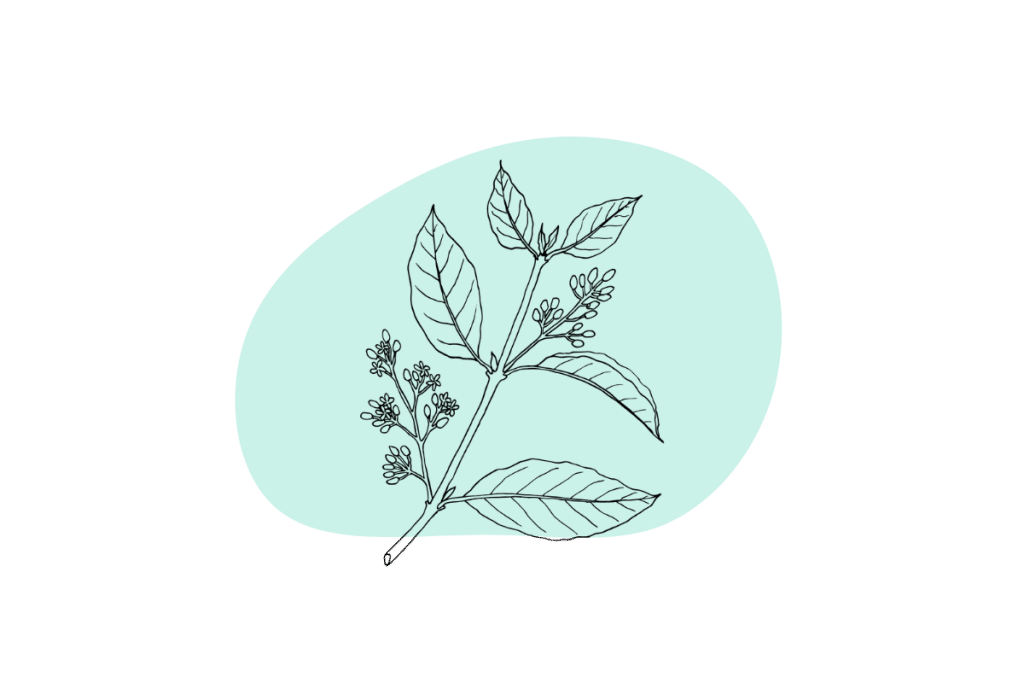
3. Ayahuasca
Ayahuasca is a psychoactive brew made by boiling — or heating for an extended period — the Banisteriopsis caapi vine with the leaves of the Psychotria viridis shrub. However, it can be made with any plant containing DMT brewed with a plant having MAO inhibiting abilities.
Ayahuasca has been used as a medicine in the South American Amazon for centuries. The only federally-approved use of ayahuasca in the United States is by the União do Vegetal and Santo Daime religions.
Studies show that ayahuasca is a potential treatment for:
- Alcoholism
- Anxiety Disorders
- Cocaine/Opioid Addiction
- Existential Anxiety With Terminal Illness
- Treatment-Resistant Depression
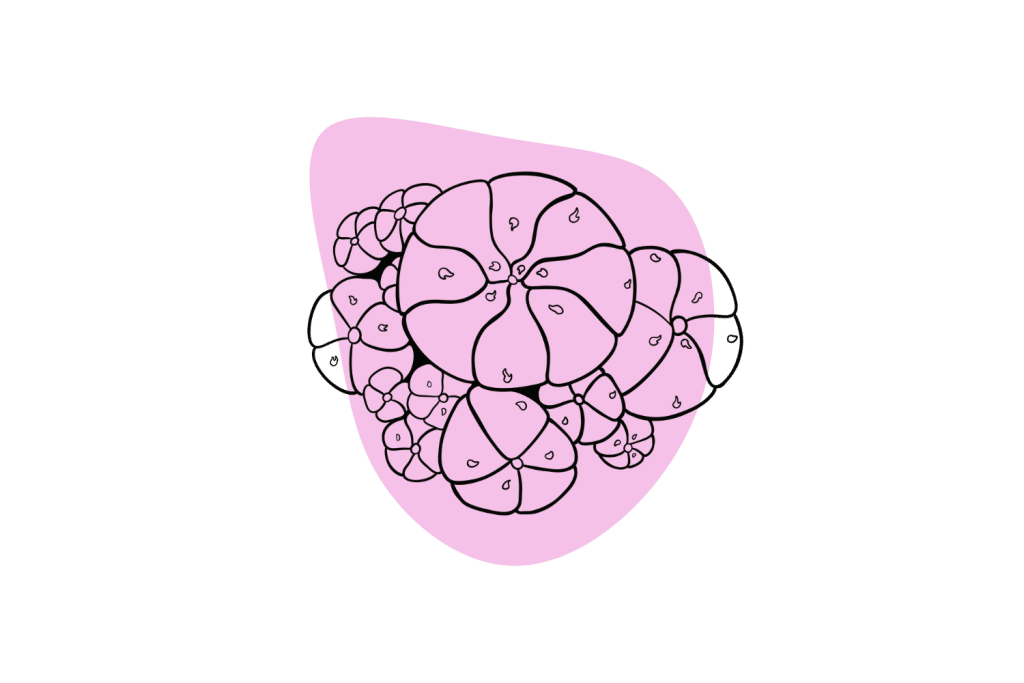
4. Cacti Containing Mescaline
Mescaline is a psychoactive compound found in various cacti native to the southwest United States, Mexico, and South America. The Peyote cactus contains the highest concentration of mescaline. Other mescaline-containing cacti include the San Pedro cactus and the Peruvian Torch cactus. Mescaline can also be synthesized fairly easily in a lab.
Mescaline, a Schedule I Controlled Substance, is recognized as a sacrament in the Native American Church of North America. The federal government has approved them to use it legally in their services. Besides its use in Native American culture, mescaline is primarily used as a recreational drug.
Out of respect for mescaline’s religious and cultural significance to the Indigenous people of the American Southwest and because of pushback from Indigenous communities, some cities have excluded cacti that contain mescaline from their list of decriminalized entheogenic plants. The Arcata resolution does not exempt any cacti from its list.
Decriminalization vs. Legalization
All of the psychoactive compounds in the entheogenic plants listed in the Arcata resolution are on the federal Schedule I Controlled Substances list. This means they are illegal in all 50 states. However, each state, county, and city enjoys the autonomy to enact legislation that it believes is in its constituents’ best interest.
So, as documentation of the medical benefits of entheogenic plants become increasingly compelling, the move to decriminalize or legalize them grows exponentially. It’s important to note that decriminalization and legalization are not synonymous.

Decriminalization
Decriminalizing a substance is relegating it to a governing body’s lowest law enforcement priority — but these substances are still technically illegal. The police are merely instructed not to enforce laws restricting the substance’s possession and use. Prosecutors are also instructed not to pursue any cases relative to the possession and use of the substance. It is still illegal, but it has been decriminalized.
Legalization
Legalization is “the action of making something that was previously illegal permissible by law.” All of the criminal penalties restricting the possession and use of the once-banned substance have been removed, and the substance is now legal under federal and/or state law. Legalization often comes with strict regulations and age restrictions.
A good example of this is the legalization of marijuana in states such as Oregon or Washington. The plants became legal here despite federal rulings stating otherwise, but a rigid regulatory framework has been implemented for those who wish to participate in selling cannabis products as a business.
Where Can I Buy Magic Mushrooms in Arcata?
Since psilocybin, the psychoactive compound in magic mushrooms, is a Schedule I Controlled Substance, magic mushrooms are not available for sale in Arcata — or anywhere else in the United States. You’ll need to find them from a friend who grows them (gifting is okay, but selling magic mushrooms is still illegal) or grow them yourself at home.
Grow Your Own Magic Mushrooms
Growing magic mushrooms is easy once you’ve found a supply of spores — or better yet — a ready-made grow kit.
Here’s the low-down on how to get started.
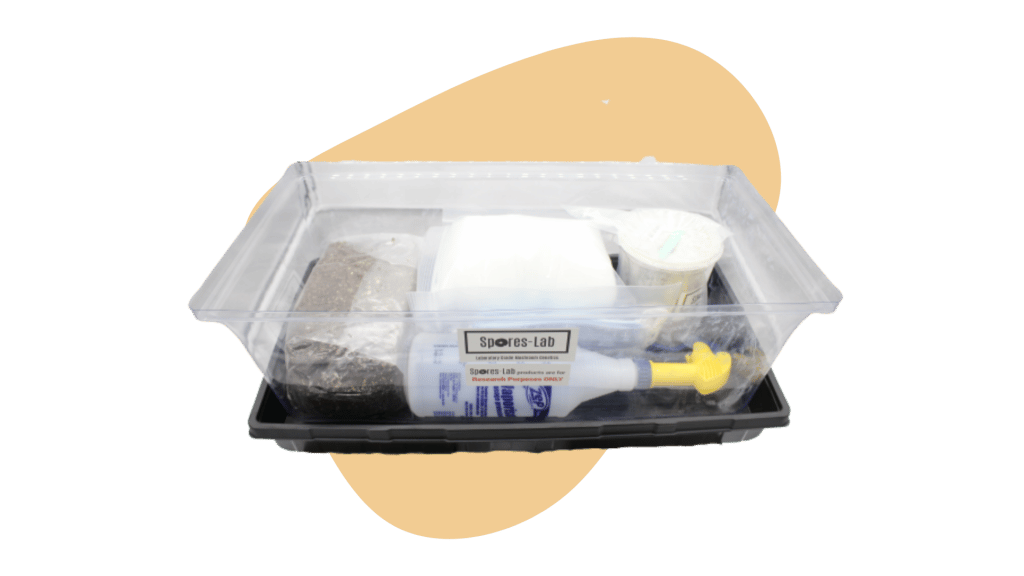
Mushroom Grow Kit
Mushroom grow kits are a “no muss, no fuss” way to grow your own magic mushrooms. The kits are completely self-contained. That is, they have everything you need to grow the mushrooms and come with detailed instructions.
The basic kits start at about $50. The kits can cost several hundred dollars, but the basic kit should be sufficient for most operations. It takes about 4–6 weeks before you can harvest your mushrooms — depending on the species of mushroom you decide to grow. Some kits can produce up to four crops, but the average is two.
Mushroom grow kits have some advantages over growing them from scratch:
- Low maintenance — Just add the spores, place the kit in a well-lit area away from direct sunlight, and mist it with water one or two times a day.
- Cost-effective — Two and a half to three grams of magic mushrooms is considered an “average” dose. This dose can cost between $20-$40. A magic mushroom spore syringe or print will produce 50 grams or more of magic mushrooms, which will recoup your investment in the kit and the spores many times over with your very first crop.
- Safe — Unless you are a mycophile, which is a proficient mushroom hunter, picking mushrooms in the wild can be a life-threatening experience. There are a lot of mushrooms growing in the wild that can kill you. Growing your own magic mushrooms is the best way to know exactly what you’re getting.
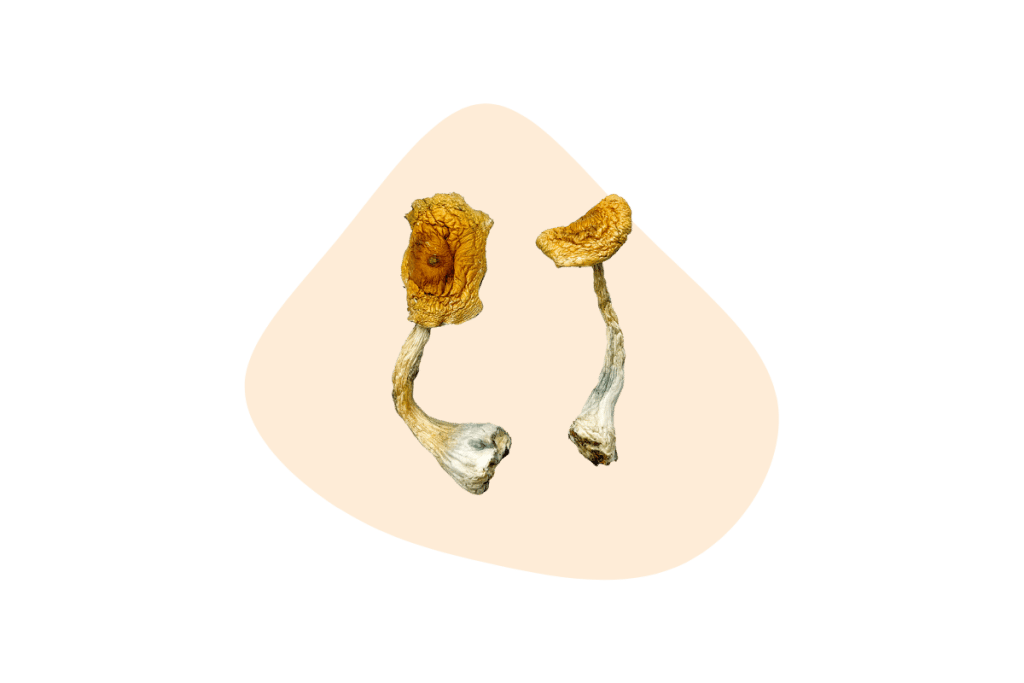
Poor-quality mushroom grow kits often contain molds and fungi that will destroy or contaminate the mushrooms. Always purchase mushroom grow kits from a reputable vendor. This will reduce the possibility of contamination.
Growing Magic Mushrooms From Scratch
Growing magic mushrooms from scratch takes considerably more effort than growing them from a kit. There’s a lot of detail that needs to be paid attention to. The process is relatively easy but not simple. You must follow detailed instructions from a reliable source.
Much of the equipment needed to grow magic mushrooms at home from scratch is household items, but a minor investment of around $200 will still be required.
The most difficult step will be obtaining spores. Because the spores are illegal in California, it is very unlikely that any vendor will ship them to you. Even if they did, you could be liable for prosecution if you accepted them. The safest way to get magic mushroom spores if they are illegal where you live is to physically go get them from somewhere that you can purchase them legally.
A good way to do this is to join a local spore trading ring in the area. Many groups are found locally in California and larger ones on places like /r/sporetrading/ that may have Arcata-based members.
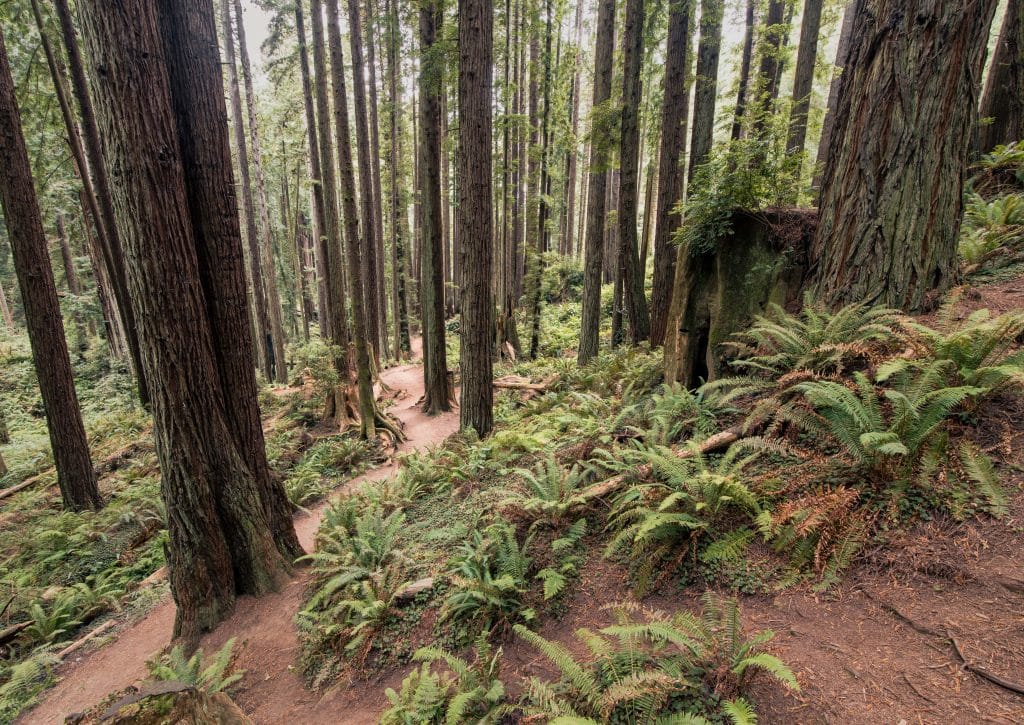
This Resolution Will Open Doors to Mental Health Assistance
Arcata is the third California city, following Oakland in 2019 and Santa Cruz in 2020, to decriminalize entheogenic plants and fungi. According to the City Council, after the review and recommendations of the Public Safety Committee, it was obvious that the approval of the resolution would positively impact the people in the community dealing with mental health issues.
A bill to legalize psychedelics state-wide advanced through the Senate and two Assembly committees before being pulled by the sponsor, Sen. Scott Wiener (D), to buy more time to generate support among lawmakers.

